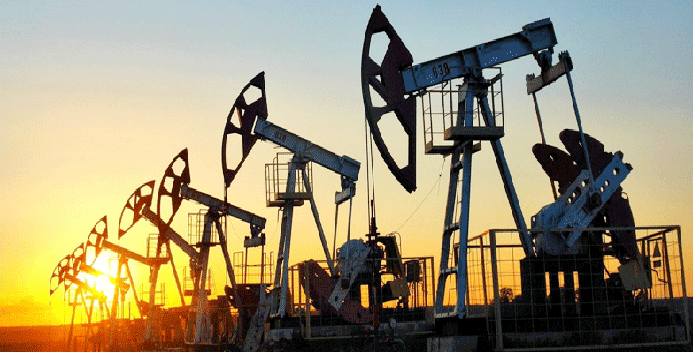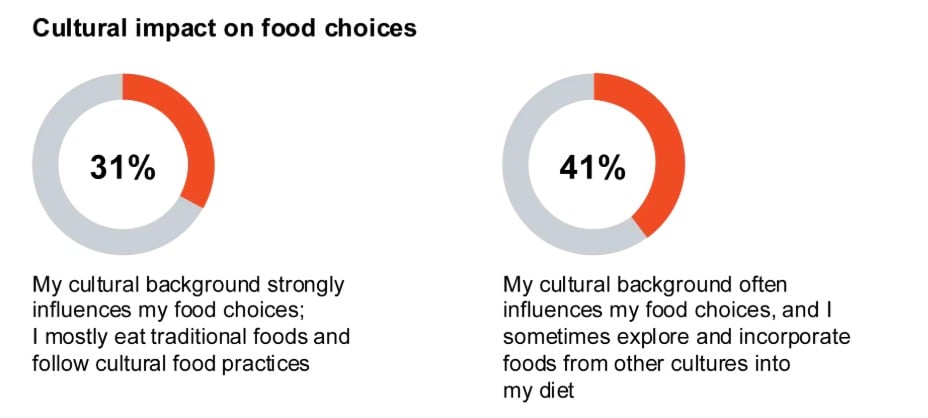Publisher: Maaal International Media Company
License: 465734
Oil Holds Gain After Fresh Iran Sanctions, Trump’s Tariff Talk
Oil steadied near $75 a barrel after the US issued fresh sanctions on Iran, and President Donald Trump signaled tariffs against Canada and Mexico were still on the cards, Bloomberg reported.
Brent edged up as much as 0.6%, before paring gains, following a small increase on Monday. The US slapped more curbs on brokers, vessels and individuals that it said were linked to illicit shipments of Iranian crude.
At the same time, levies set to hit the US’s two neighbors were “on time” to be implemented next month, Trump told a press conference. Canada and Mexico are America’s top foreign crude suppliers and major trade partners.
اقرأ المزيد
Crude has had a rocky start to the year, first rising on cold weather and an earlier round of sanctions from the US, then retracing gains after Trump took office and initiated plans for tariffs that could impact global growth and demand.
The levies on the North American neighbors, however, may also impact supplies. Canada, in particular, ships about 4 million barrels a day of crude to the US, and many American refineries were built for those barrels of heavy crude, not the light oil from shale fields.
Meanwhile, the measures against OPEC member Iran targeted a network linked to the shipment of tens of millions of barrels of crude, with sanctioned entities located in Iran, the United Arab Emirates, Hong Kong, India and China, the US State and Treasury Departments said.
“While the market remains well supplied, a renewed focus on Iran sanctions provides some support today,” said Jens Naervig Pedersen, a strategist at Danske Bank. Oil prices have been trading more broadly on trade concerns and weaker US economic data, he said.
The latest sanctions against Iranian oil may spur operators to respond by ramping up ship-to-ship transfers, or switching off geo-locating signals for longer in the fast-adapting illicit trade, according to market participants.
Beyond Iran, traders are contending with a series of other supply issues. While OPEC and its allies are widely expected to delay raising output once again, Iraq is pushing to restart pipeline flows from Kurdistan, and negotiations over ending the war in Ukraine may impact shipments of Russian crude.
While talking about reviving a so-called maximum pressure campaign against Iran, the Trump administration has more broadly indicated that it favors cheaper crude. That has included moves to encourage higher domestic production, as well as calling on OPEC+ to cut prices.
So many conflicting signals have kept crude prices in a narrow range this month.
In London, the International Energy Week conference will begin later Tuesday, with speakers including the International Energy Agency’s Fatih Birol and executives from a range of energy majors set to offer more on the outlook.








